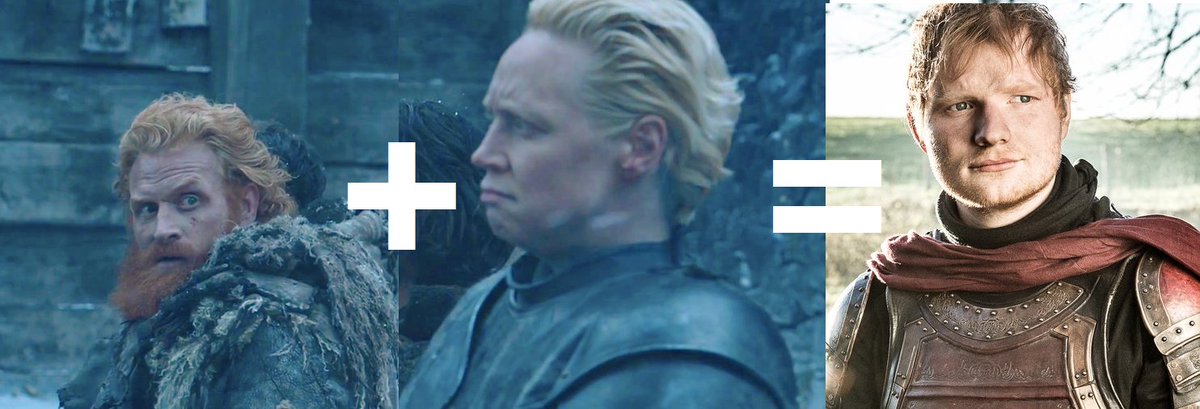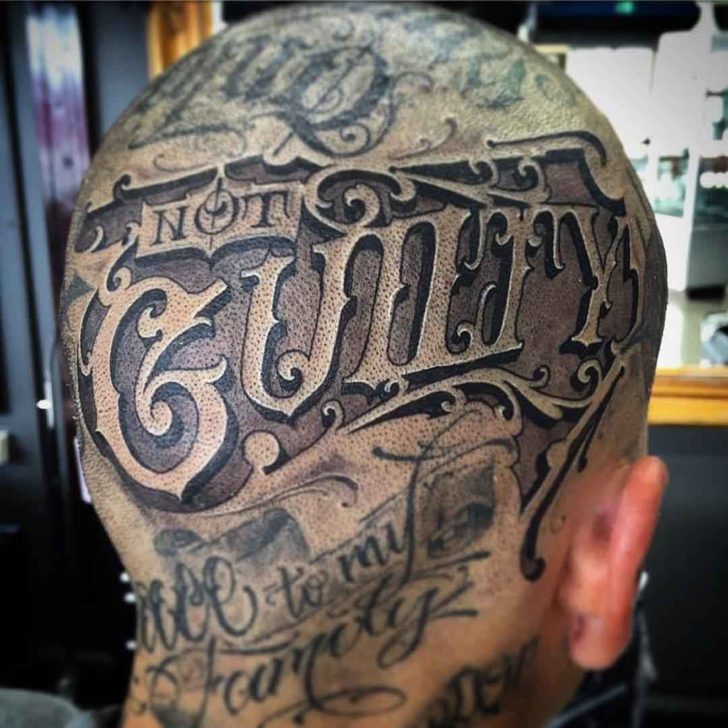2. Former SDFLA AUSA Michael Brown has been nominated to the district bench in the NDFLA. Brown is a good guy, who currently works at Alston & Bird:
It's been a good month for Alston & Bird partner Michael L. Brown.
President Donald Trump nominated Brown July 13 to fill a long-vacant post on the federal court bench in the Northern District of Georgia. Brown's nomination came only 23 days after he and his New York law partner secured the acquittal of a bond trader in a federal trial in Connecticut closely watched by Wall Street.
Brown—a former federal prosecutor and co-leader of Alston's government and internal investigations practice—teamed up with Alston New York partner Brett Jaffe in a successful defense of Tyler Peters, a former vice president at international broker-dealer Nomura Securities International Co.
The jury convicted only one of Peters' co-defendants in the securities fraud conspiracy and gave Brown's client a clean sweep after the Alston team presented Peters as a junior trader who was simply doing what he had been trained by his supervisor to do and who did not know that the misstatements the traders made when making securities sales were illegal.
The court record included scrappy—and lengthy—letters Brown wrote to the judge on the defense team's behalf flatly accusing federal prosecutors of misconduct. The at times pugnacious letters were indicative of Brown's style. He is not afraid of a legal brawl.
"Mike is a great lawyer," said Atlanta attorney Page Pate, who has known Brown since the two were first-year law students at the University of Georgia. "If he is representing the government, he's going to be a hard-ass for the government. If he's representing a client, he's going to fight like hell for his client. He is one of a select group of people who can literally go either way."
3. This is a pretty funny tweet for you GoT fans:

— DavidCaspi (@DavidCaspi) July 17, 2017

